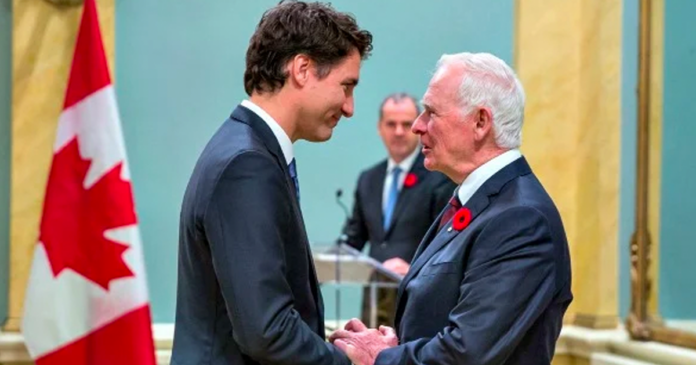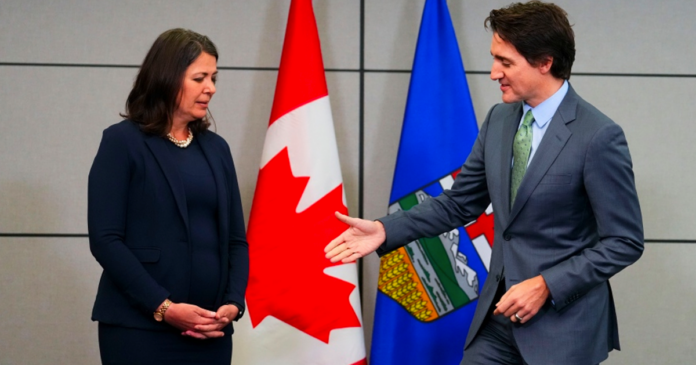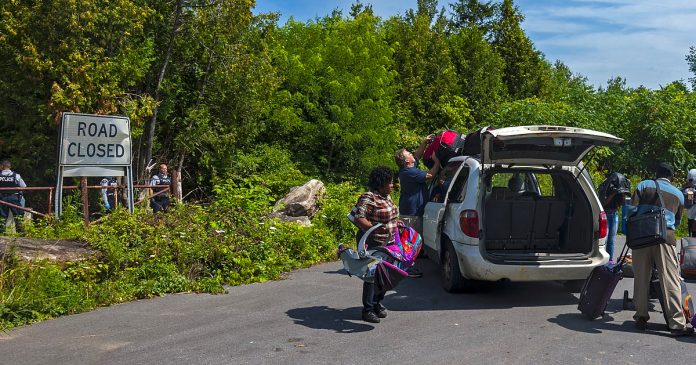Former governor general David Johnston’s decision on whether or not to launch a public inquiry to investigate Beijing’s alleged election interference in previous Canadian elections will be made public in May.
A mandate for former governor general David Johnston’s role as independent special rapporteur on foreign interference has been disclosed by the Prime Minister’s Office (PMO).
The PMO’s directive outlines that Johnston is responsible for making a determination on whether the Canadian government should launch a public inquiry into foreign interference, which is something the Conservatives have been calling for since the media stories on the issue were first published. The decision is expected to be announced by May 23, 2023.
Further to that, a full review of the allegations is expected to be completed by Oct. 31, 2023.
“Additionally, [Johnston] will identify innovative approaches and improvements in the way public agencies work together to combat foreign interference in our electoral processes,” the PMO wrote.
“To fulfill this mandate, he will be given complete access to any relevant records and documents, classified or unclassified.”
According to media reports based on intelligence leaks, Beijing interfered in both the 2019 and 2021 federal election, including on the campaigns of 11 mostly candidates, most Liberals. Liberal MP Han Dong is so far the only candidate who has been named. and the
The Trudeau Foundation was also implicated in a scheme to peddle influence for political gain.
Johnston’s appointment has been criticized by Conservative Leader Pierre Poilievre as being partisan, citing the former governor general’s relationship with the prime minister.
“Justin Trudeau has named a ‘family friend,’ old neighbour from the cottage, and member of the Beijing-funded Trudeau foundation, to be the ‘independent’ rapporteur on Beijing’s interference,” tweeted Poilievre on Mar. 16.
After applying pressure on Trudeau, the Conservatives were able to get confirmation that Trudeau’s Chief of Staff Katie Telford will appear before a parliamentary committee to testify on the election interference allegations.



























